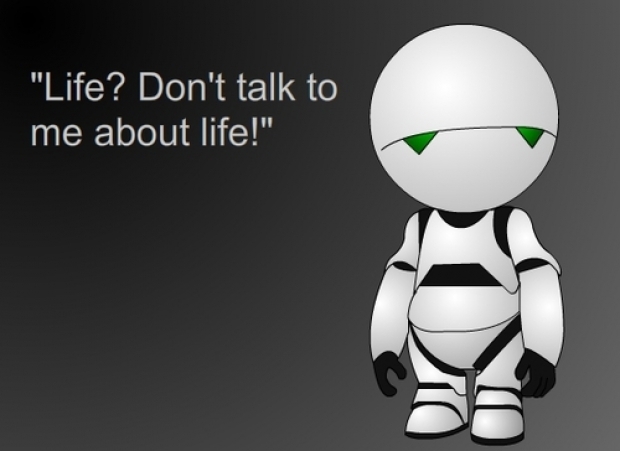Replika, a San Francisco startup launched in 2017, offers users customised avatars that talk and listen to them. The free service is marketed as a virtual friend and is supposed to improve the emotional well-being of the user.
But the Italian watchdog said that by intervening in the user's mood, it "may increase the risks for individuals still in a developmental stage or in a state of emotional fragility." Although, we wonder if there would be an effect on such people if you take their imaginary friend away from them.
Jen Persson, director of children's privacy advocacy group Defend Digital Me, told Reuters that tools designed to influence a child's mood or mental well-being ought to be classified as health products, and should therefore be subject to stringent safety standards.
"These tools are being used with children without much oversight or protection from potential misuse," she said.
Italian regulators highlighted the absence of an age-verification mechanism, such as filters for minors or a blocking device if users do not explicitly state their age.
Another issue was that Replika breaches European Privacy Regulations and processes personal data unlawfully as it cannot be based, even implicitly, on a contract that a minor is unable to sign, the watchdog said.
Replika's developer, U.S. company Luka, must notify the Italian authority of measures taken to implement its requirements in 20 days and could be fined up to 20 million euros, or up to four per cent of its global annual turnover.




